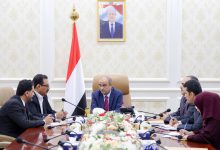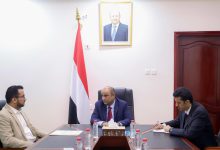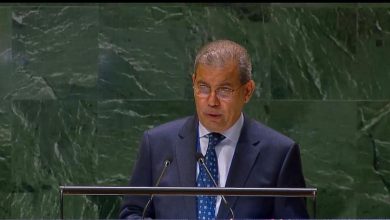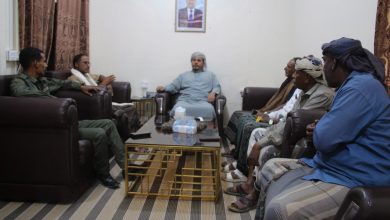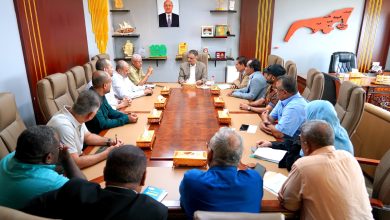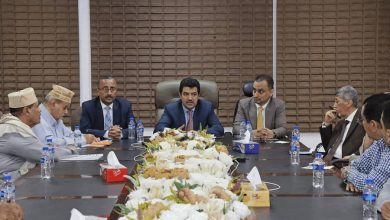The Supreme Energy Council, led by the Prime Minister, has approved several strategic plans to enhance electricity development.
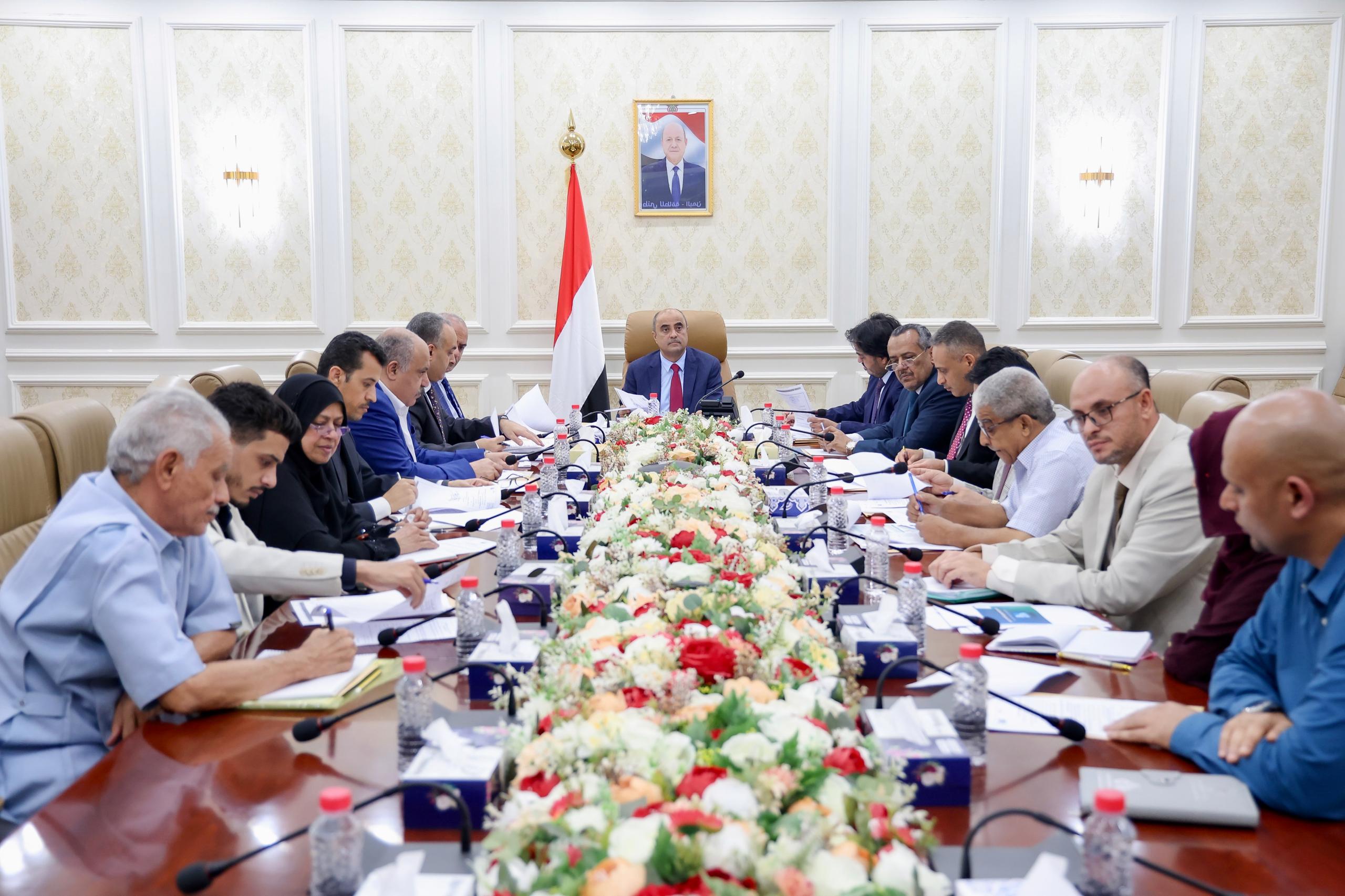
Energy Council Approves Strategic Plans for Electricity Development
The Supreme Energy Council convened today in Aden, chaired by Prime Minister Salim Saleh bin Brek. The council approved several strategic plans aimed at enhancing electricity generation capabilities through increased use of renewable energy and reduced reliance on costly fuel generation.
Review of Electricity Report
During the meeting, the council reviewed a report from the Public Electricity Corporation. This report outlined alternatives to decrease diesel fuel usage in power generation stations operating in liberated areas. The proposed alternatives focus on boosting generation capacity through renewable sources and include projects designed to phase out diesel fuel as part of the economic recovery plan.
Implementation of Diesel Phase-Out
The council agreed to implement measures to eliminate diesel-powered electricity stations across all liberated provinces. This transition will follow a structured program that ensures energy shortages do not worsen.
Public-Private Partnerships
The Supreme Energy Council tasked the Ministry of Electricity and Energy with establishing a standard partnership contract with the private sector. This initiative aims to maximize benefits while coordinating with relevant ministries on electricity projects. The contracts will follow lease-to-own systems, considering operational resources such as gas or diesel, alongside renewable energy projects.
International Collaboration
Prime Minister bin Brek praised the World Bank’s collaboration with government entities in preparing a policy document for public-private partnerships. This document will serve as a reference for effective partnerships that can drive economic and developmental growth in the country.
Green Hydrogen Project Approval
The council provisionally approved a request from a German company, in collaboration with global firms and investment funds, to establish a green hydrogen plant in Yemen. This project promises to create numerous opportunities for transitioning to sustainable local energy supplies.
Strategic Renewable Energy Investments
The strategic green hydrogen project in Yemen will develop and implement renewable energy and gas projects in phases, with investments reaching up to $3 billion. Additional projects may arise in partnership with key global technology players. A technical team from the Ministries of Electricity and Energy and Oil and Minerals will negotiate with the company to explore all technical and financial project details.
Electricity Transmission Study
The council also approved a study for the electricity transmission line from Balhaf to Aden. This study will leverage previous research and seek international funding for this vital strategic project.
Transition to Diesel Fuel
The council initiated procedures to switch the operation of the President’s electricity station in Aden from crude oil to diesel fuel, following a scheduled and gradual plan.
Commitment to Energy Sector Reform
Prime Minister bin Brek emphasized that reforming the energy sector in Yemen is not merely a service issue; it is a strategic pillar for stabilizing the economy and alleviating the long-standing hardships faced by citizens. He stressed that the government will not allow this vital sector to fall victim to waste or chaos. Instead, it will implement genuine reforms by addressing existing challenges at all administrative and technical levels.
National Energy Conference Preparations
The Supreme Energy Council reviewed preparations for the upcoming National Energy Conference, scheduled for November in Aden under the theme “Towards a Yemen Recovering with Sustainable Energy.” This conference will serve as an unprecedented platform to unify government and donor efforts within the framework of the approved master plan, ensuring investments align with strategic priorities in the electricity sector.
Conference Goals
The conference aims to support the recovery of Yemen’s energy sector in a sustainable and comprehensive manner. It will mobilize international support and funding for the national electricity strategy and recovery plan, assess needs in urban centers, and strengthen long-term partnerships with energy developers and financial institutions. Additionally, it will enhance institutional governance and improve energy access in rural areas.
Collaborative Approach
The council approved a conference program based on a participatory and inclusive approach involving national and international stakeholders. It acknowledged the importance of this conference and the efforts of the Ministry of Electricity and the World Bank in its preparation. This event marks the first national platform led by the Ministry of Electricity, under the auspices of the Prime Minister, in collaboration with key development partners and private sector entities.
To follow the news in Arabic
